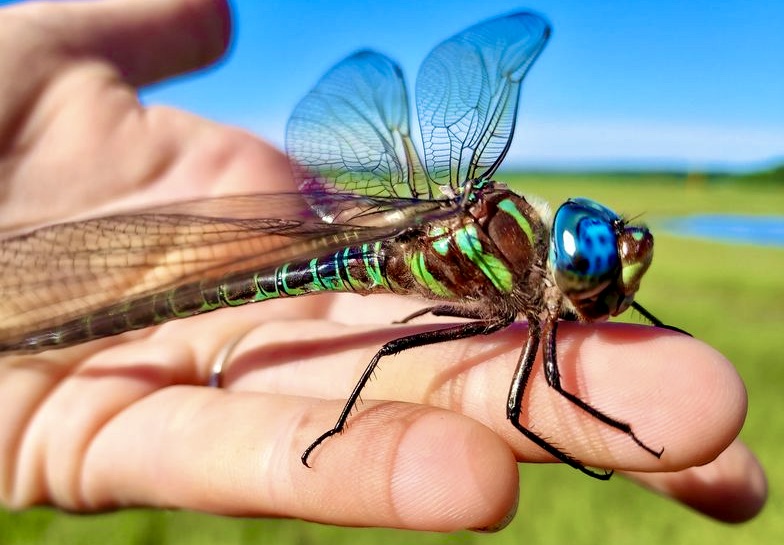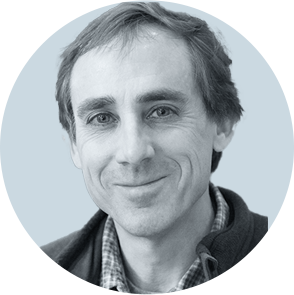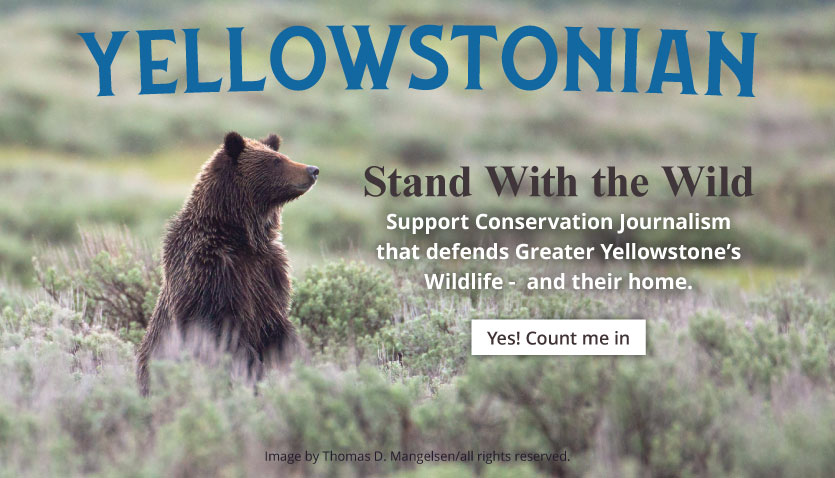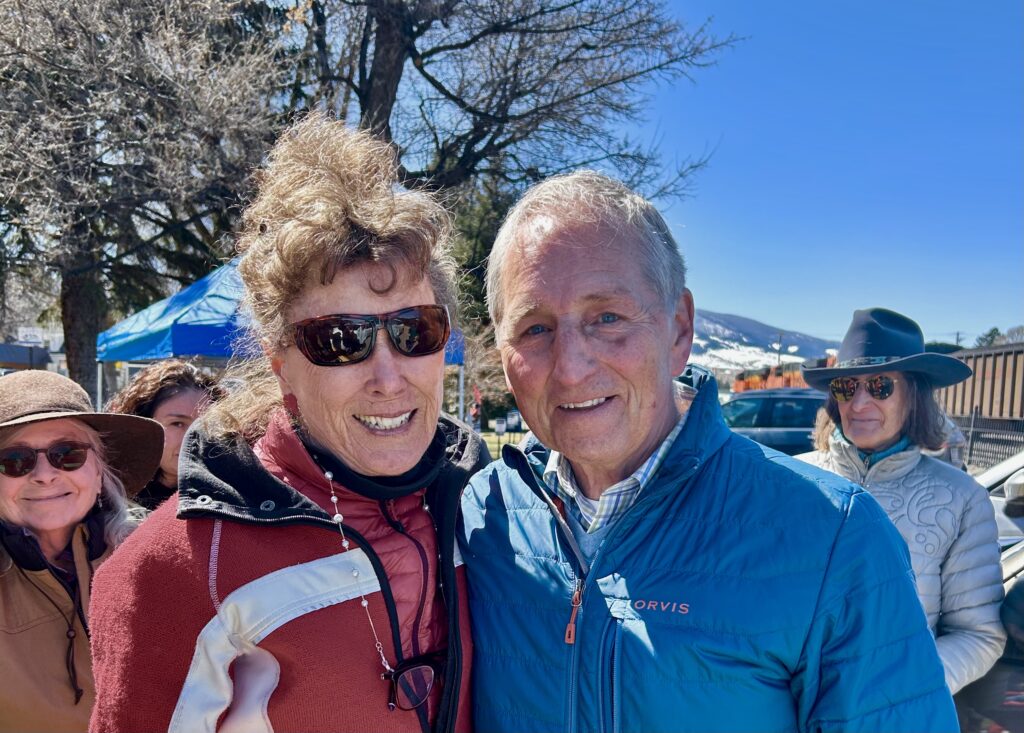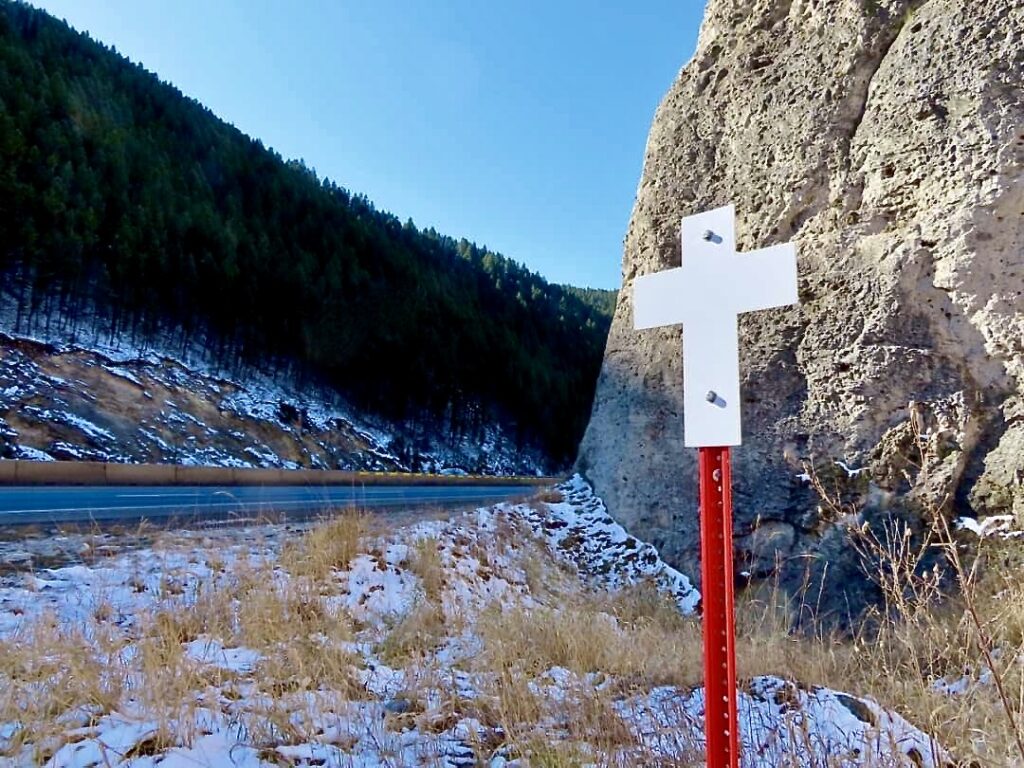A Book Review by Todd Wilkinson
For anyone who actually pays attention to the smaller, finer-grained, subtler accents of creation, they know how dragonflies are delightful little beings.
While we humans as a species go back 300,000 years—which seems like a long time—the ancestors of today’s dragonflies were present on Earth 300 million years ago; that makes them antecedents to the Mesozoic or ages of the dinosaurs, who dwelled in the Triassic, Jurassic and Cretaceous. And, it means when we cross paths with these flying insects at a pond or lake, where it isn’t uncommon for them to land upon us if we stay perfectly still, we are making contact with a lineage of continuous life forms who have both evolved and proven themselves to be resilient.
The irony is dragonflies are super sensitive to the blitz of changes happening in the modern environment, particularly accelerated ones hastened by the effects of our presence. Survival of the fittest? Many would place a wager on the bet that the persistence of infraorder Anisoptera lasts longer than us.
The dynamic tension between endurance and longevity fits squarely into the ruminations of writer Brooke Williams and his new book, Encountering Dragonfly. Tantalizingly, the non-fiction- naturalist memoir comes with this provocative subtitle, “Notes on the Practice of Re-Enchantment.”
Wtf? you might ask. Is this a book about wizardry?
Answer, in a way, yes. Encountering Dragonfly (Uphill Books, $18.95) is a personal journey about the magic of personal awakening.
Bias revealed. Williams is a dear friend and in the way that writers discuss what they’re working on, I’ve enjoyed witnessing the metamorphosis of Encountering Dragonfly over the course of years, as its percolating focus expanded. Due to the often unanticipated influences of life’s circumstances—including the disruptions brought by Covid— a book that was once devoted to Williams’ enthrallment with the natural history of dragonflies widened to include ponderances about “awe,” “ wonder” and “enchantment,” but ultimately is tethered to the author coping with his own sooner than possibly-expected mortality.
In these times, it is easy to dissociate—to daydream with thoughts of escapism, as in yearning to unplug from the digital deluge and losing oneself in nature (which is really a desired quest to achieve the opposite)—finding an outlet to make personal meaning, to be present, not taking our brief temporal moments for granted, and plugging our senses instead into the genuine miracle that is life on this planet.
The way I’ve been digesting Williams’ book is reading passages from it either late at night before entering dreamland, or in the dawn, when earlier daylight is announced by birdsong—in my neighborhood it’s by the boisterous conversations of crows and magpies.
Brooke and his wife, the lauded writer, poet and activist Terry Tempest Williams, are the kind of friends with whom you always speak in shorthand. During a recent dinner together in Moab, not far from their home in Castle Valley, Utah, we spoke of the dissonance in America that engulfs us like airline passengers encountering constant turbulence in the air and with a long flight ahead to destination.
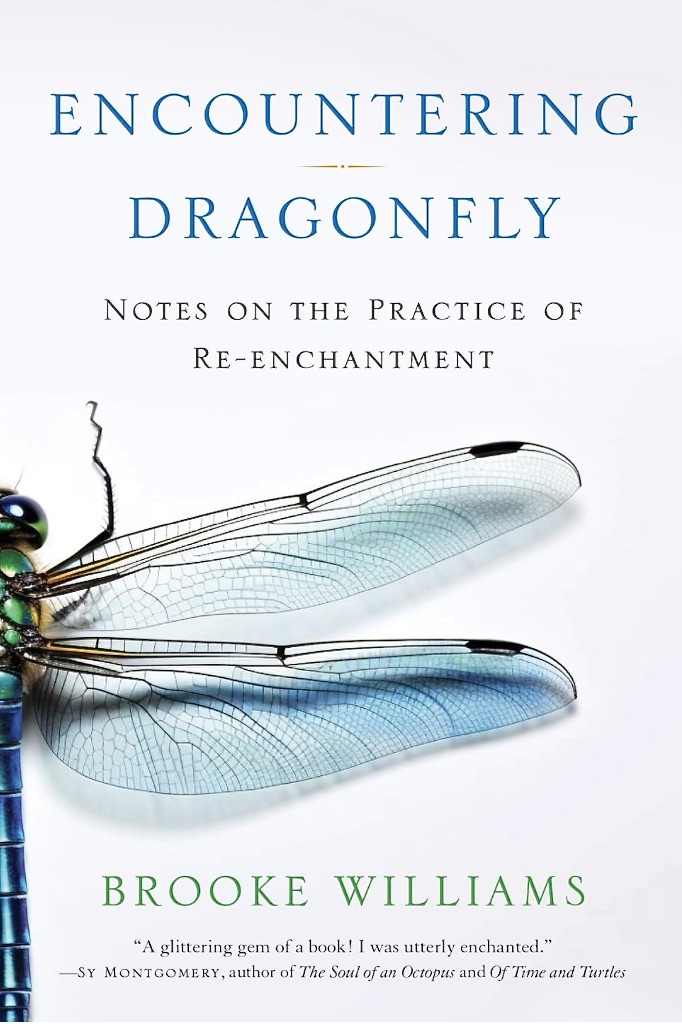
So, so much of what we value about the West and the ways of our orienting to its profundity—security/inviolate presence of public lands, laws protecting them, and great people, i.e. the public servants‚ stewarding them, have been turned on their head and for no good reason yet offered by those making the wreckage.
Combine this with the reeling surrealness of the Covid pandemic, and what most of us feel is a need for reconnection with each other and for we Westerners to hold onto the soul of nature. This is where paying attention to little details comes in, and how enchantment happens.
Encountering Dragonfly explores how humankind’s relationship with enchantment is actually an ancient extension of our spiritual being; that before the arrival of the cacophonous electronic and fossil fuel age, things were simpler; there was less separation between letting our senses run wild and the untamed wild itself.
One didn’t need to fly across the country on vacation to achieve immersion in a wild “other,” or hire a guide to deliver it, or depend upon a phone app to prepare for possible weather conditions hour by hour—nor was it hard for our ancestors to filter out dominating human sounds and scents and visual clutter from landscapes , which today are diced and sliced by differing kinds of human subdivision.
Each of Williams’ shortish chapters opens with different encounters of dragonfly species—several set in the West. The more we slow down in quiet natural spaces to observe, and engage ourselves in doing nothing, the more that the totality of the sensual world opens up to us, where hard objective reality melds into expanded perception—and imagination—that transcends the empirical insistence to only count things that can be measured.
He’s talking about how indigenous cultures never lost their reverence for sentience, or even how rural people constantly immersed in the land often see things that cannot be explained, and it’s those things that make their days richer. Williams’ book just may, in an indirect way, help Nature-craving folk understand why original indigenous people in the Western Hemisphere have a deep tradition of assuming animal names after dreams or vision.
Dragonflies entered Williams’ consciousness following a dream he had about one, and then, oddly, coincidentally or serendipitously, he began noticing them everywhere he went.
Williams makes the point that enchantment is inherent in our species’ psyche and every modern child comes into life with it though all too brief does it fade. Once stripped away, enchantment isn’t gone, however; it just gets covered in coats of armor we’re become programmed to wear. The subtheme of Williams’ book, “re-enchantment”—involves cracking oneself open, and for him it literally involved cracking his ribcage to undergo open heart surgery.
For Williams, dragonflies are sprites, that when they hover beside us, are like floating charms.
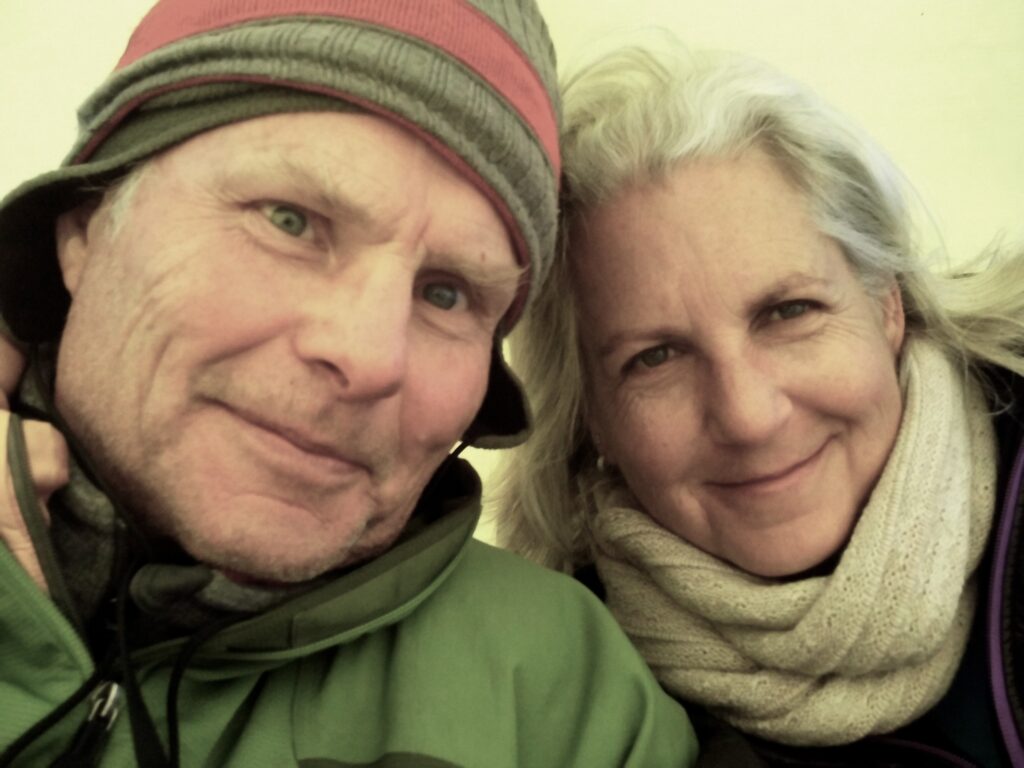
The Williamses, above, hail from Utah, descended from hardy Mormon stock. Ranking up there with Wallace Stegner, Terry is considered one of the modern West’s greatest writers. Among many celebrated books, her most acclaimed, “Refuge: An Unnatural History of Family and Place,” chronicles her ancestors’ ties to the desert and the trauma of being a daughter losing her mother to cancer. It’s a personal memoir that has found strongest resonance with women everywhere struggling to find inner strength.
Together, Terry and Brooke have presence as a couple. They have special affinity for Greater Yellowstone and they’re passionate land and wildlife conservationists. For a long while they had a home in Jackson Hole, and were dear friends with the late conservationist Mardy Murie. After her passing, Brooke oversaw the Murie Ranch in Grand Teton National Park. He also is the great, great grandson of LDS leader Brigham Young.
In Encountering Dragonfly, Brooke’s best book he’s written, he pushes back against those who only appreciate nature for utilitarian opportunities to exploit it for material gain. “Regardless of whether or not the Earth has officially entered the ‘Anthropocene,” a new geological epoch marks the significant destructive impacts we’re having on the planet, there are those who believe that humans are now in charge,” he writes. “If we’re in charge, the argument goes, then yes, we should protect nature, but only the parts that benefit us. Many believe that wildness has become obsolete. Others, like conservation biologists and ecologists, believe that while we do indeed impact the planet in unprecedented ways, we are not now and will never be in charge. And not being in charge, we should protect wild places and biodiversity for their intrinsic values—whether or not they have any value to humans.”
He goes on, “Intrinsic was one of those words I often took for granted, one I might skip over while reading it, assuming I knew what it meant. Instinsic: what something is: its essence.”
Indeed, free-market environmentalists are notorious for preaching the commercial, tradable exploitable “value” of stuff and some are alarmingly illiterate about the intrinsic marvels of nature that cannot be quantified in a spread sheet or actuarial table. And yet it is ignoramus bean counters and profiteers who are now determining the future of things that are the glories of human existence.
Material personal possessions, after all, matter little when you die, but one can perpetuate a physical impact beyond death, by bequeathing to loves ones and masses you will never know a healthy environment. You can be, like a magical dragonfly who arrives when you stand perfectly still, a person to gives others contact with inspiring things bigger than self.
Only after Williams coped with—and survived some serious personal health issues that, ironically would also have meant the nonexistence of this book—did he open himself up to seeing this multi-dimensional realm of interconnectedness that separates life on this orb from, at least what we know now, from every other distant corner in the cosmos.
Embracing the spells of re-enchantment has given him solace, prompting him to open his eyes, mind and heart wider without fear. The point of Encountering Dragonfly is that this possibility awaits for all of us, too, as its nurturing balm is accessible, free and priceless.
Brooke is a rambler and is at his best when delivering quirky insights, in which Encountering Dragonfly they abound. The book will deliver you into a different state of mind if you let it. Whether you choose to inhabit it is up to you, but after reading Williams’ tome, you can’t deny there’s more—much more—than meets the unopened eyes.
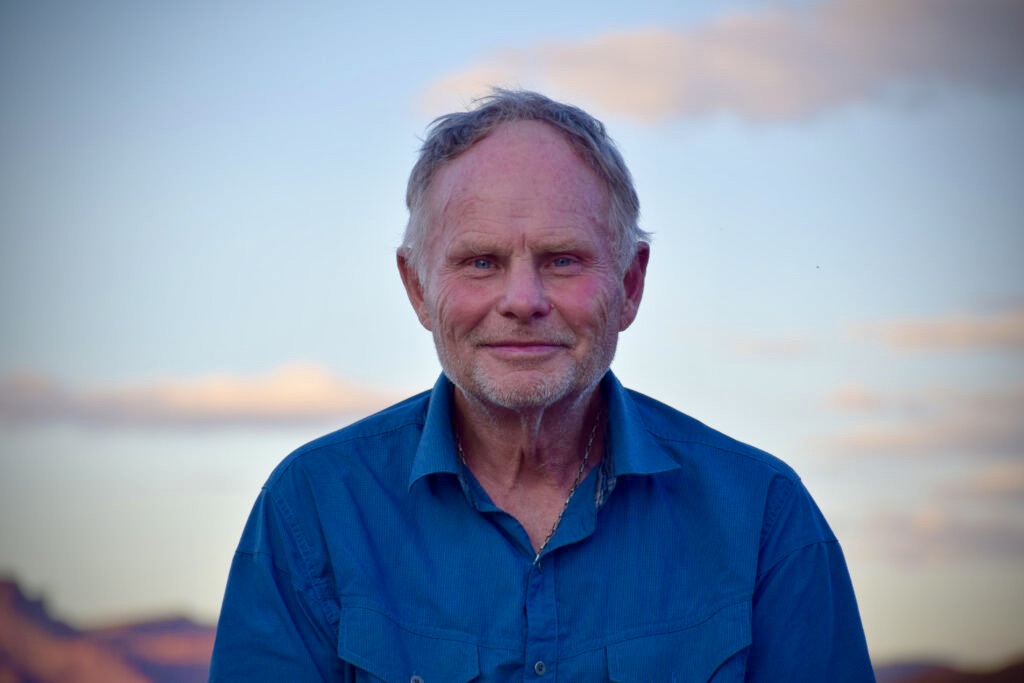
Through the Looking Glass: The Yellowstonian Interview with Brooke Williams
Todd Wilkinson/Yellowstonian: I love your book, and have been hearing bits and pieces of it for years but always only verbally articulated by you and not seeing it on the page. Now it has metamorphosed. Sometimes, books emerge and they are ahead or behind their time. “Encountering Dragonfly–Notes on the Practice of Re-Enchantment” arrives at a perfect moment, it seems, because it welcomes us—no implores us—to pay attention, to take notice of the little things that inform a bigger picture. How do you feel about the book finding its emergence in these times?
BROOKE WILLIAMS: You have been hearing about me and my relationship with dragonflies for quite some time. Twenty years ago, I had a dream about a dragonfly and immediately after began seeing them everywhere. I started gathering notes I took about my observations of dragonflies–my encounters—while at the same time, learning all I could about what might have actually happened during that past dream. I wasn’t sure how—or if—to try making a book out of it. Years passed and at a lecture at Harvard, I learned about “enchantment”…how the world was “enchanted” until modernity when we needed to “disenchant” in order to control it. For example, we couldn’t dam rivers, dig up the earth for minerals, cut down forests for lumber and paper, if rivers and stones and trees still had spirits. That disenchantment, simply put, involved turning our resources from subjects, with which for our entire human history we interacted, into objects which we manipulated and use, bought and sold.
“I learned about ‘enchantment’…how the world was enchanted until modernity when we needed to ‘disenchant’ in order to control it. For example, we couldn’t dam rivers, dig up the earth for minerals, cut down forests for lumber and paper, if rivers and stones and trees still had spirits. That disenchantment, simply put, involved turning our resources from subjects, with which for our entire human history we interacted, into objects which we manipulated and use, bought and sold.“
—Brooke Williams
TW: We don’t empathize with objects as much as we do subjects. What effect did the dragonfly dream and the Harvard lecture have on you?
WILLIAMS: Learning this made me wonder if in fact, that blending of my inner and outer world, those dragonflies, may have had something to do with my personal re-enchantment, my realization that my life—all life—is in fact enchanted. One thing led to another and life happened, and I found myself in a situation wherein I had to deal with some physical problems, specifically and including, teeth.
As a kid, I’d refused to get braces, and was warned that this might have serious implications when I reached adulthood, something I wasn’t worried about at age 11. Well, this caught up with me and my teeth were breaking and then the bridges and crowns that replaced them also broke. And during Covid when I couldn’t see my dentist, I had to do my own dental work with my dermal tool, grinding down a broken bridge so its edge wouldn’t cut the inside of my mouth. Once we all felt safe enough to venture out, I went to the dentist and on surveying the most recent damage, gave me a bid that would ‘fix’ my problem: $25 Grand.
TW: I had no idea you went through this during Covid. And $25,000 for dental work. That’s a shock.
WILLIAMS: But it gets better. My dentist said, looking at my heft when I expressed surprise at the cost: “You’re obviously not starving. At your age—I was about to turn seventy—you could forego this.”
TW: But having functional non-painful teeth are necessary.
WILLIAMS: It so happened, I had money saved, not for my teeth but for a car. Terry and I talked about spending that kind of money. “You do like to eat,” she said.
We agreed to spend the money, but only if I signed up for another 20 years of life, so as to amortize it. I didn’t want to spend that kind of money on remodeled teeth, but die before getting good use from them. So, I committed to living another 20 years. I only mention that because committing to 20 years required me to go beyond just my teeth. I had my face radiated for skin cancer. I had my eyes checked. I went in for a complete physical. It was during the physical that when pressed, I brought up the fact that I sensed something was wrong with my heart. I was having a weird little “clench” I called it, when I started walking up a hill.
TW: That sounds serious, but you had been letting that go? Like the dentist who shared an important observation, what did this physician tell you?
WILLIAMS: My doc said, referring to a number of people close to me who had heart issues, “Based on your family history…”
After my mother’s death at age 64, after her second heart surgery, her doctor sat all of us siblings down and told us to “take care of your hearts.” He didn’t mean diet and exercise so much as getting regular checkups, as when genetics are as involved as they are with our family, they become the most important factor. I took him seriously and got my heart looked at annually, each time hearing about the same thing from my cardiologist: “Well, whatever you’re doing, keep doing it,” she said. “And when (not if) you have symptoms get right in.”
TW: And?
WILLIAMS: One test led to another and another and my “clutching chest” became more and more obvious. Within a month, I’d been told, that yes, I might have an issue, but “let’s up your meds and re-test you in six months.”
“No,” I said, “I know my body, and something is wrong.”
I’d convinced the cardiologist that I needed an expensive and invasive angiogram, in which they insert a wire into my arteries to check them for blockages. “This will take an hour if you’re normal, one and a half if we need to stent you,” I was told.
TW: But something else happened, yes?
WILLIAMS: I knew I was in trouble when the wheeled me out in 20 minutes. “We couldn’t get through all the blockages,” the doctor told Terry. “I’ve called a surgeon.”
TW: You’re rather casual, my friend, in relating these events, but Terry, who is prescient and sensitive, was gravely concerned. You were in a place where you easily might not be here today discussing your sweet new book.
WILLIAMS: Long story longer, we got an appointment for bypass surgery in a month. I convinced everyone that I’d do better waiting in the desert, and not in Salt Lake City within minutes of an ER. That nothing had changed but the knowledge we now had. I’d be ok, I knew. The month passed and had surgery. Terry was stressed in the waiting room, as the surgery took hours more than she’d been told. Finally, the surgeon came out.
“He was sweating and obviously stressed,” Terry said. “The first words he said, were, ‘Why isn’t he dead?”
“He was sweating and obviously stressed,” Terry said. “The first words he [the surgeon] said, were, ‘Why isn’t he dead?’”
TW: Why, indeed?
WILLIAMS: Fast forward a month. That question is a lot to live with, and sure there were physical reasons I wasn’t dead. But something told me this was about more than “that lump of flesh” referred to in the Heart Sutra. I even saw a therapist. After hearing my story, he said, “You’re not dead because you signed on for 20 more years, that you have work still to do.”
TW: Was finishing the book, as the therapist reasoned, part of the deal you made with yourself?
WILLIAMS: I was fine with that explanation for awhile—”Hell, I must be doing my work, otherwise, I’d be dead, I thought.” I needed more. When I realized that the work I’m-not-dead-in-order-to-do is to help “re-enchant” the world, everything shifted. I have this strange feeling: that I don’t fear death as I know as long as I’m doing that work, I’ll be fine. This book is about that, is one tool. And whatever happens as long as I’m doing this work, is out of my control. I feel that I’m in the service of something massive. I’m excited.
TW: We’re excited too! Let’s explore something that flows through your book, but not always referenced by the actual word—awe—which we’ve also discussed often over the years. Awe, for you, isn’t only about putting yourself in a place “to see,” but “to be,” and to be a being of immersion in Nature where sentience opens itself up to you. How has this come about, and what role, if any, did your near-mortal experience play?
WILLIAMS: Good question. I hadn’t really thought of the connection between “awe” and my “experience.” For me, awe is when something so intensely mind bending happens that we disappear. I feel that awe taps into our deepest evolutionary self. Which is what I felt wondering why I wasn’t dead, did. In the same way that experiencing awe changes us, that changed me. That, now that you mention it, made me hyper aware of my evolutionary responsibilities—we all have them, it’s just that modern life doesn’t require us to know what they are, let alone act on them. Much has been written about awe and how experiencing it makes us more likely to want to contribute to the “greater good,” which, the way I look at it, is evolutionary.
TW: Related to awe and enchantment, you invoke in your book a term “imaginal ecology” that I was not familiar with. Could you maybe riff on what it means to you and share the details of how you imagined an imaginal ecologist position being at Colby College In New England where you were actually teaching while Terry was teaching not far away at Harvard Divinity School. Tell us about that particular reverie.
WILLIAMS: Well, perhaps first, I should clarify, and in doing so, might shed some light on the idea of “imaginal ecology.” That position at Colby College is real but only in ‘imaginal’ reality. French philosopher Henry Corbin coined the phrase, “mundus Imaginalis” or “imaginal world” early in the 20th century. He’d translated the works of 8th century Persian mystics, who’d known about this world, and wrote about it as a real place, existing in the ethers between ordinary, everyday reality and what he called the world of angels. He was careful to differentiate between “imaginal” and “imaginary,” the former being a world we search out and explore, where the latter is something we make up that didn’t previously exist.
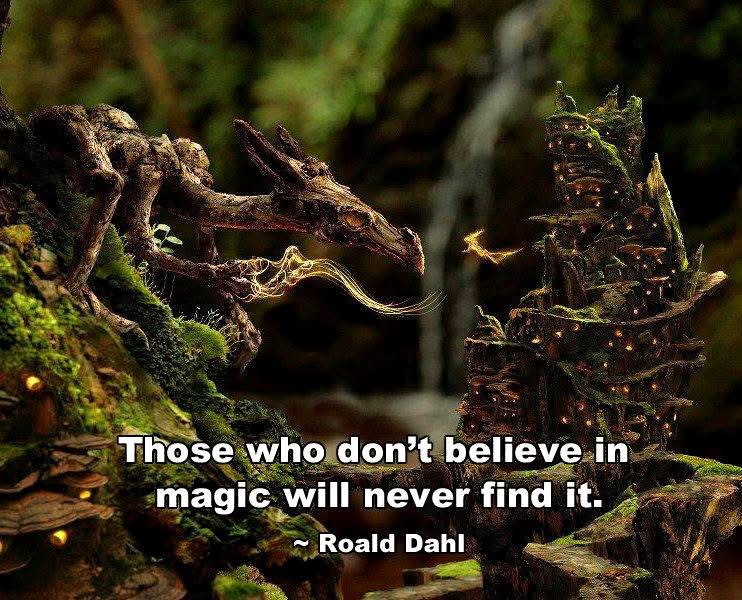
TW: This kind of search to discover sounds like a realm of spirituality and not one of fiction or empiricism and relates to that notion of a Sixth Sense that we feel but don’t talk about much.
WILLIAMS: I believe that the “imaginal” world is the “enchanted” world. And that they both played a key role in our evolutionary lives but were both abandoned once we determined that science couldn’t prove their existence. We access the imaginal world through our imagination which I believe bubbles up from our collective unconscious, which many believe contains our entire evolutionary history, including everything we’ve ever needed to save ourselves. When I’m stuck trying to figure something out, I put myself in a meditative, dreamlike state and “visualize”—search my imagination for clues. As with the Colby example…the building I imagined was similar to one at Colby College where I occasionally teach.
TW: It’s interesting how we in this country outwardly profess a cultural aspiration to living and achieving :”the American dream” which is really about outward accumulation of material things. But dreams have different connotations when they are personal and involve imagery visiting us during sleep or meditation. And the most ancient cultures advise they are important, hold meaning, and should be heeded. You were visited by a dragonfly and it resulted in you writing a book full of existential reflections. What do you hope readers will walk away from? And why does being open to enchantment matter?
WILLIAMS: Anyone has the opportunity to become obsessed with any wild organism. “Go find yours” is what I hope they get from this book. Enchantment matters because I believe it is our evolutionary tendency—hell, most of our ancestors lived in an enchanted world, and we’ve done well as a species. “Enchantment” is our living as one species among many, and it is not “objectifying others;” it is not manipulating and using “others” but rather interacting with, learning from. Objectifying “other” may be our biggest mistake.
TW: What do you know now after reflecting on the deep questions and flow through your book and the fact you had a pre-near-death experience that you didn’t before you had the dream?
WILLIAMS: That the barrier between worlds is much thinner, more transparent than I thought, and in fact, may actually dissolve with practice.
TW: Thanks. Well done Brooke. We hope your book helps our readers discover their own pathway to re-enchantment—and along the way encounter plenty of dragonflies in their waking and sleeping wanders.

